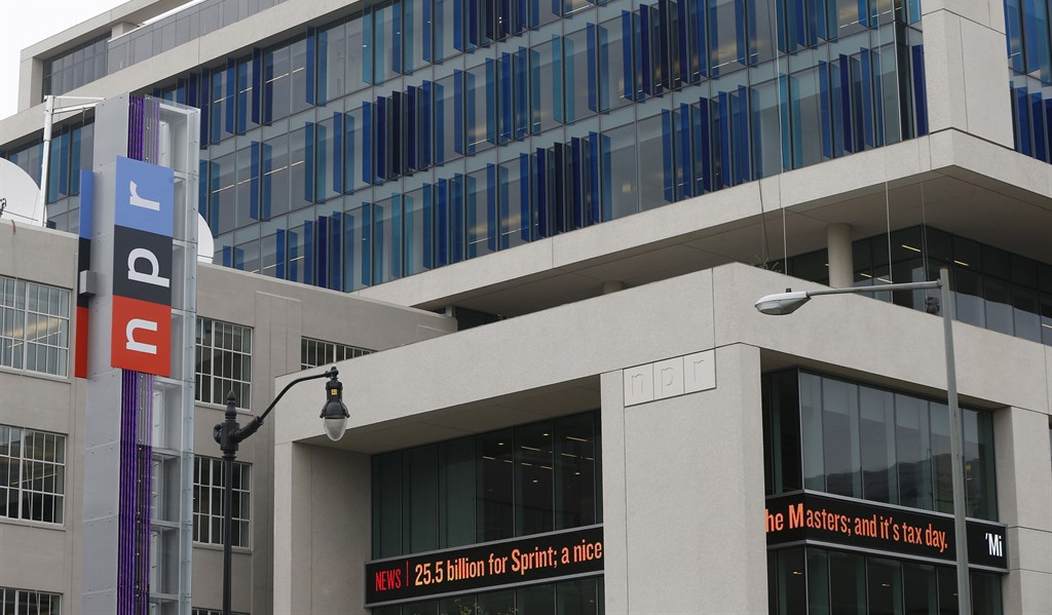Like many, I read NPR veteran Uri Berliner's essay at The Free Press with no small degree of interest. Reading Berliner's reluctant journey to awareness, I didn't feel a sense of schadenfreude that Berliner had suddenly been slapped in the face with the damp bar rag that is reality. I had some empathy for him. The same went for Juan Williams' recent appearance on “The Ingraham Angle." While Berliner's essay was the topic of discussion, Williams talked about his departure from NPR after he said that people in Muslim garb made him nervous at airports. That remark came not long after the 9/11 attacks. Williams commented:
I don't think I'm any wild-eyed conservative, but they thought I was too conservative a Black guy for their kind of company. Not only did they fire me — they called me a psycho. I mean, they said horrible things about me quite publicly. So, no, it doesn't surprise me what [Berliner] had to say. So they are very much an insulated cadre of people who think they're right, and they have a hard time with people who are different.
Williams later added, "I think what you're seeing now, especially after Trump, is that we live in a very polarized media landscape, and they have established a beachhead on the far left."
As I read Berliner's piece and watched Williams' interview, I kept thinking to myself: "It took them that long to figure it out?" And I also felt a small sense of kinship with them. I spent almost 23 years in radio, and for much of that time, I was a loyal liberal. And I would have killed to work at NPR. Well, maybe not killed. I loved NPR. I loved "Jazz Overnight." I loved the quirky weekend shows. I looked forward to "This American Life" and "Selected Shorts." NPR stations always had the latest music that I had to ask my local store to order since it was just too cutting-edge to be found on the shelves. I also enjoyed the news coverage, which was often a collection of overlooked stories from across the globe.
And I wanted to work there. And Lord knows I tried. I sent out air checks, resumes, and writing samples. And this was back in the days before DEI was all the rage, and bless my sweet soul, I really did believe I had a chance. And I never heard back. I never even got the customary "Thank you for your interest, now please go away" letter. And that surprised me since I had exceptional mic presence and had experience writing news copy.
I racked my brain, trying to figure out what I was doing wrong. I was still fairly young, talented, and, most important of all, I was a liberal as they came. And it wouldn't be until years later that it hit me, even before I switched parties. I kept running into people who would hear where I worked. They would get a haughty look on their faces and cast a downward gaze in my direction. Their response was always, "I don't listen to local radio. I only listen to NPR." Then, everything made sense. My politics were fine. My talent was on par. My problem was that I was trying to get into a very exclusive club. For many, NPR is a way of identifying themselves, not just by setting themselves apart from the heavy-browed, knuckle-dragging conservatives. For some, it is an audio version of Hyannisport or Martha's Vineyard. I just wasn't highbrow enough to get in. That is reflective of the progressive movement itself. The party of the people is now the party of the privileged.










